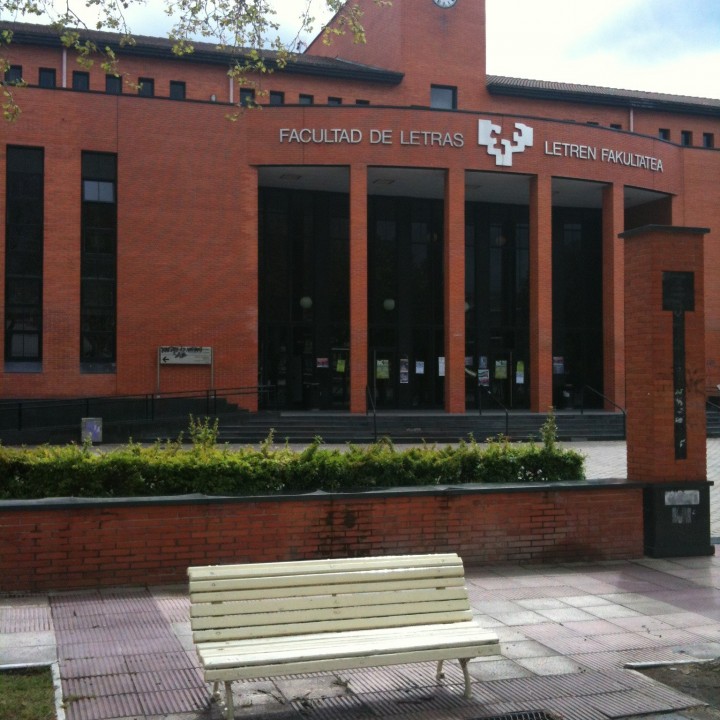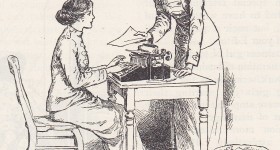What can you do with a History degree: Teacher

The first port of call for every historian seems to be teaching at different levels. This includes primary education, junior high school, high school, college and the mother of all teaching institutions, the University. In addition, you should explore further the possibility of group and one-to-one tutorials. There are different qualifications you will need to amass, depending on where you would like to end up. Here, I will give you brief information on how you should go about acquiring these qualifications.
–
Pre-University Teaching
Getting a job in a school is not as straightforward as it sounds. The competition is fierce, the posts are few and the payment is … well, not sufficient for the hassle you will receive. If you insist to go towards that route, I have a few crucial tips for you.
First and foremost do not wait until after you finish your university degree to go after your dream. You will need to plan your moves in advance and with the greatest of cares. Future School Masters want proof that you have the enthusiasm necessary for such a demanding profession. So, the more you volunteer to schools as a part time assistant, the better are your chances to become a history teacher later. It would be worth networking as early as your first year at the University and approach schools in your neighbourhood. Make an appointment to see the Head Master and ask them how you can be useful to them. They are probably understaffed and overworked and they would welcome your offer.
Secondly, you cannot get a proper teaching job without a Postgraduate Certificate in Education (at least not in the UK). Make sure that you will have the money to pay for a PGCE course, which lasts an entire year. You could enroll in a University or College to complete your course, or alternatively you can do it online. Some students opt for a school-centered initial teacher training (SCITT), or for Teaching First or for a School Direct Training Program. Enrollment in these programs is highly competitive and you will need, again, to prove your commitment to the process. Once more, many hours of volunteer work are necessary to exhibit your continuous interest. For more information look at this website http://www.education.gov.uk/get-into-teaching/teacher-training-options/ university-based-training/pgce.
When you finish your training, you will hopefully be send to a school to commence your new career as a history teacher. Probably around 25 % of history students end up becoming teachers. The salary at entry level is normally well below the national average. However, if you manage to get to the Headmaster level, then you stand good chances to make a lot of money (6-figures are often quoted). Only down-point to this ideal situation is that you may die too young (mainly from stress, heart attack, stroke etc.) to get to retirement.

